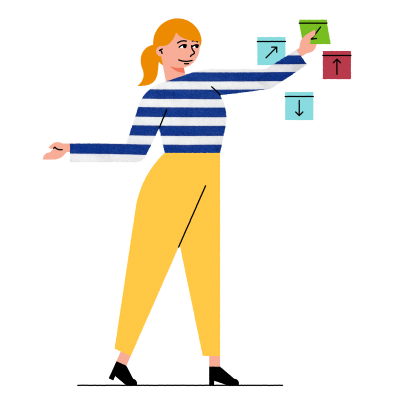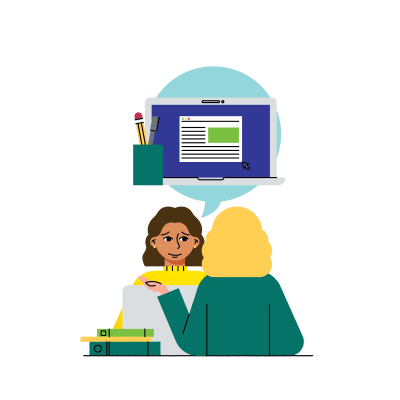Why do I need one?
A budget helps you control your money and provides confidence you can afford your lifestyle. It allows you to build towards your future by keeping track of:
- The money you regularly receive (wages, salary, interest from bank accounts, Centrelink payments) - INCOME
- The money you regularly spend (rent, entertainment, food, bills) – EXPENSES
- The money you can afford to spend on things or save (what you’re left with once you subtract your expenses from your income) – DISPOSABLE INCOME
When working out your budget, if you discover your expenses are more than your income, you need to either increase your income or reduce your spending to avoid owing money.
Goal Setting
It’s important that your budget is realistic. There is no point in setting a savings goal for $150 each week if you don’t have the income.
Here are some simple tips to help you set a realistic budget and stick to it:
- Always pay your rent / board, bills and food before anything else! These are your survival expenses. A good tip is to set up automatic payments that come out of your account, once you get paid.
- Make a list of what you need to pay off, and set reminders in your phone / diary for when they are due.
- Don’t aim too high or too fast with your goals – start with small, achievable goals to keep you motivated. For example, save $30 this month, then $35 next month, and $40 the following month.
- Learn to say “NO” – if you cannot afford it, don’t buy it.
- If you want to make a purchase, wait two weeks and see if you still want it. This is a good way to avoid impulse buying.
- It can help to make a list of things you are planning to save up for in the long-term (i.e. holiday, car, etc), as this helps to work out how much you need to set aside on a weekly or monthly basis.
- Avoid using “Buy now, Pay later” services and save up for the item yourself or wait for sales on expensive items. (Helps avoid impulse buying and much easier to keep track of your current spending with your budget).
Track your spending
If you don’t know how much you spend each week or fortnight, it might be a good idea to start tracking your spending.
- Check out your banking app - some have the capability to categorise your transactions automatically.
- Search for “Spending Tracker” apps - look online or go to the Apple Store or Google Play Store to see what apps are available. (Just be mindful that some of these external apps want to link with your bank account, so make sure you fully understand the terms and conditions before agreeing).
- Work around long-term or essential savings and make sure that enough is being allocated towards it on a weekly or monthly basis.
- Get back to basics and keep a money diary. Write down every transaction, and colour code into specific categories (this is a good way to keep yourself accountable).
No matter which way you choose to do it – the end goal is the same; to give you a clear breakdown of your spending so you can decide how and where to make changes and allow you to be your own money boss.
mind & money
Disclaimer
The information in this document is for general information only. It should not be taken as constituting professional advice from the issuer, headspace National Youth Mental Health Foundation Ltd (“headspace”). headspace is not a financial adviser. You should consider seeking independent legal, financial, taxation or other advice to check how the information in this document relates to your unique circumstances. headspace is not liable for any loss caused, whether due to negligence or otherwise arising from the use of, or reliance on, the information provided directly or indirectly, by use of the information set out in this document.
Get professional support
If you feel you need help there are a range of ways we can support you.



